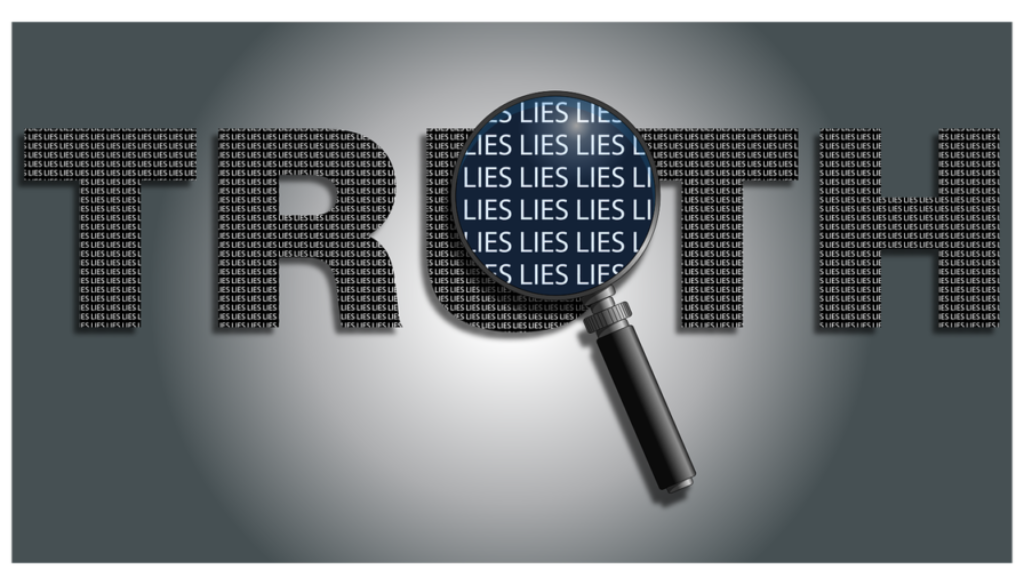Internal Investigators are supposed to ferret out lies, but we all know that it can be hard to do. Everyone lies, according to behavioral economist Dan Ariely. Ariely argues that the key is to prevent dishonesty in the first place. But how can we do that in a typical workplace harassment or fraud case? A campus Title IX or Title VII investigation?
Unlike a deposition or courtroom testimony, investigators usually don’t start by “swearing the witness.” We may not be authorized to administer an oath, and the stiff wording is out of place in an informal setting.
These four tips offer an ounce of prevention that’s better than a pound of cure.
1. Prioritize truth. Ariely experimented with putting the signed attestation for an insurance form at the beginning rather than the end, and compliance went way up. In his words, “simply being reminded of moral codes has a significant effect on how we view our own behavior.” Make truth-telling part of your opening script, every time.
2. Don’t just remind, advise. Noting in passing that “it’s important that you tell the truth” is probably meaningless. Explain why it matters. “To get to the bottom of this, I’ll be talking to a number of your colleagues and reviewing documents, so please understand that I may have lots of insights and information you don’t have. So to be fair, if you’re unsure of a fact, or if you’re worried about the consequences of telling the truth, don’t hide it. Let’s talk about it instead.”
3. React quickly. It’s often best to help someone correct a fib sooner – when it can be chalked up to a mistake – rather than later, when it looks like a lie. Dissect it diplomatically rather than let it pass in silence. “But how are we going to reconcile this with that?” If your witness is going to lie anyway, more transparent pushback will of course lead the witness to offer a series of bigger lies. By contrast, silent “gotchas” avoid discomfort but may discourage truthfulness and even prevent the investigator from learning how a clever witness might later explain away the “gotcha.”
4. Open the door before you close it. Rather than end an interview asking whether “there’s anything else I should know,” consider this: “is there anything you’ve told me that’s making you uncomfortable, that you wish you’d said differently? Something I might have misunderstood?” Being more specific and empathetic can be even more effective: “Before we finish, do you remember when we talked about X? You seemed concerned. Would you like to revisit that? I don’t want you to walk out of here worrying that you should have done something differently.” No matter how they answer, you’re better off.
About Aequitask
Through its network of attorney investigators and project management technology, Aequitask delivers fair, fast, thoughtful, and thorough workplace and campus investigations on time and on budget. Learn how your organization or law firm can get an expert discrimination, harassment, Title VII, Title IX, fraud, conflict of interest, or other compliance investigation and a highly defensible final report within days or weeks and at a predictable fixed fee by visiting www.Aequitask.com or calling 1-800-554-1081.




